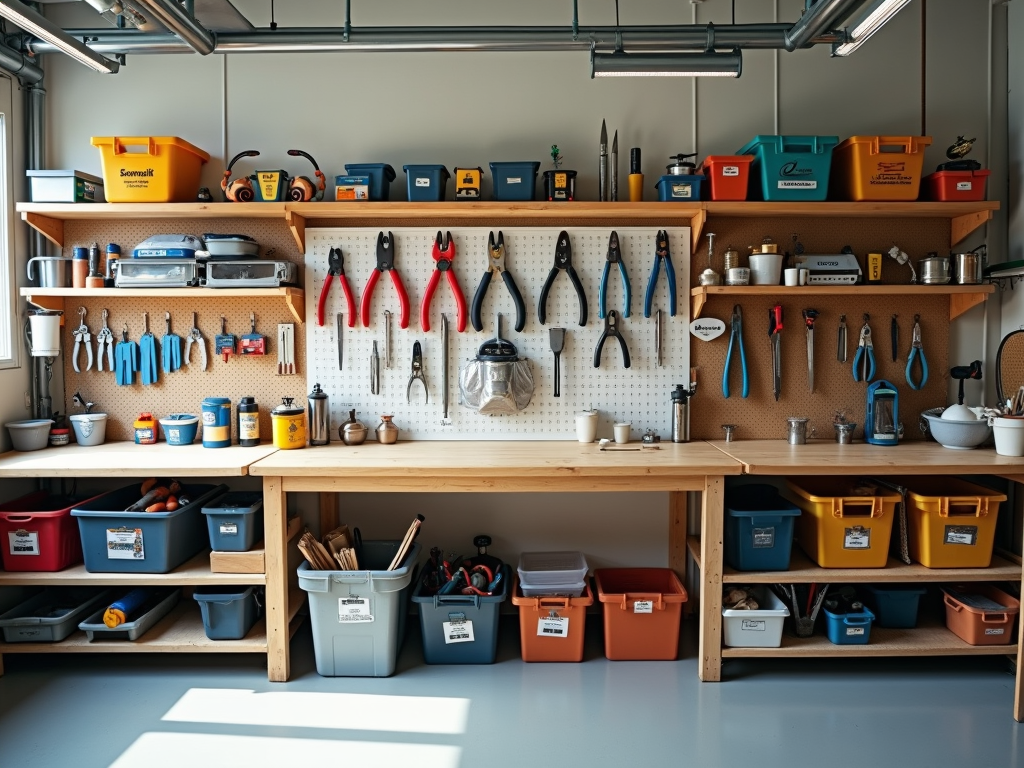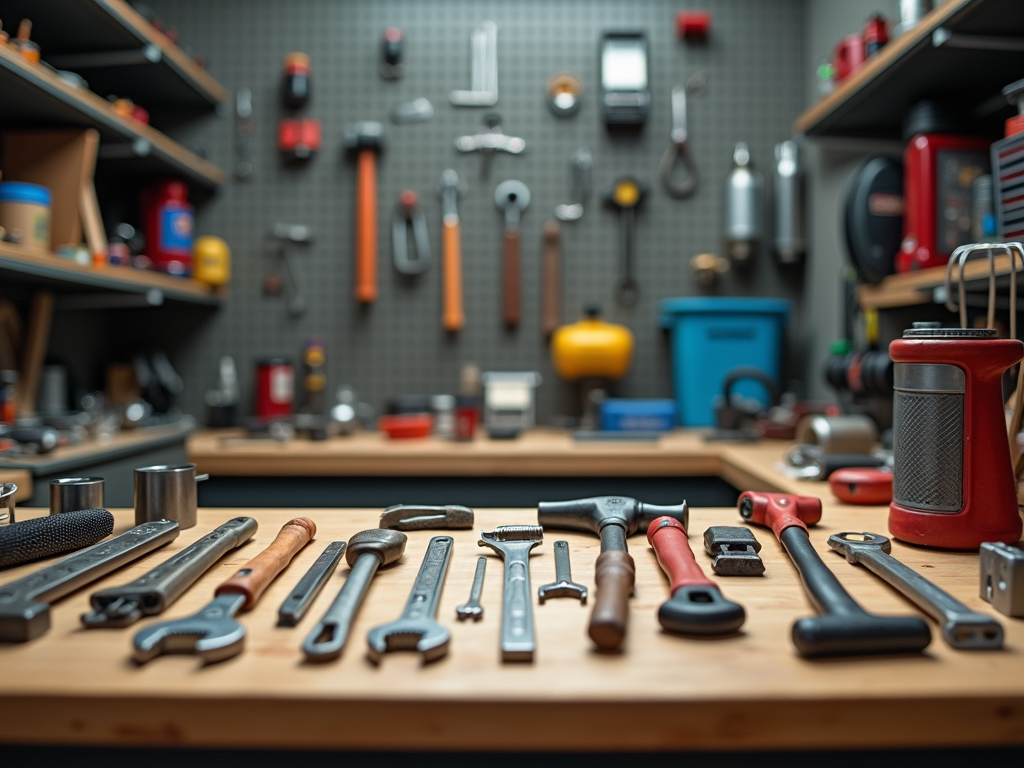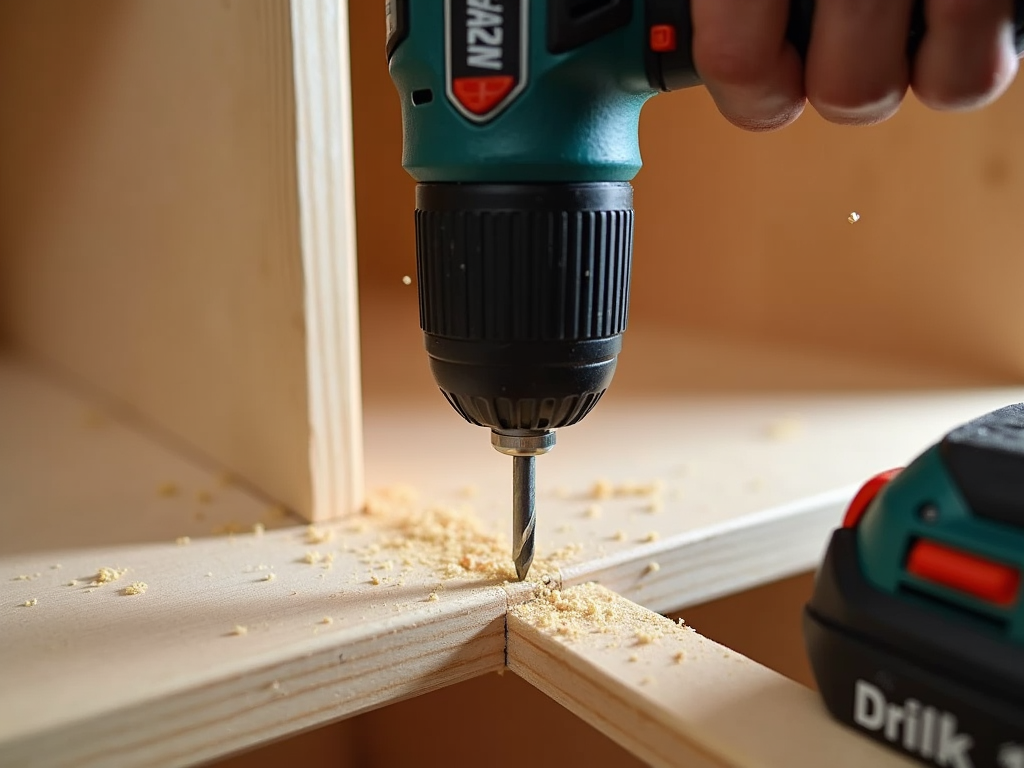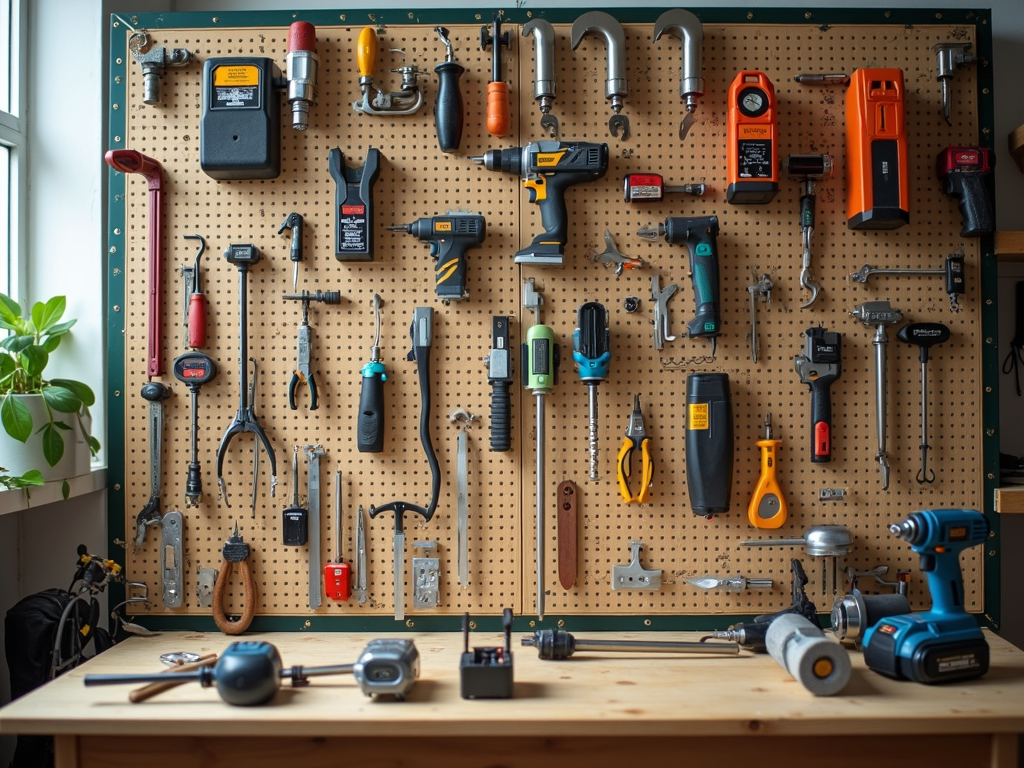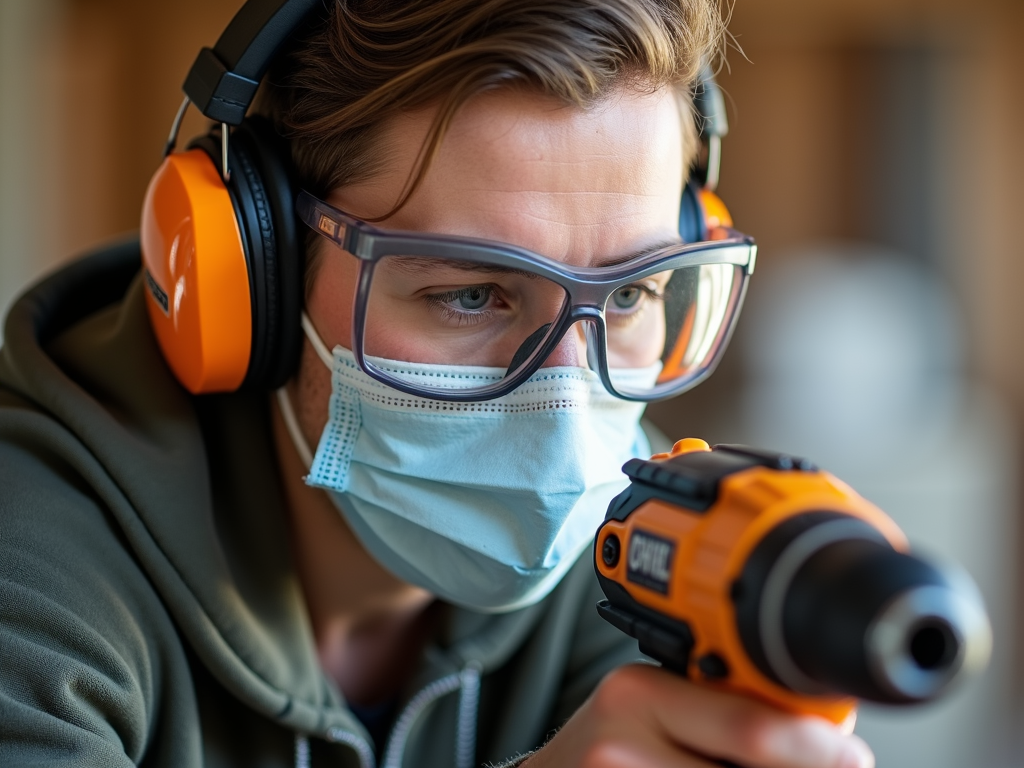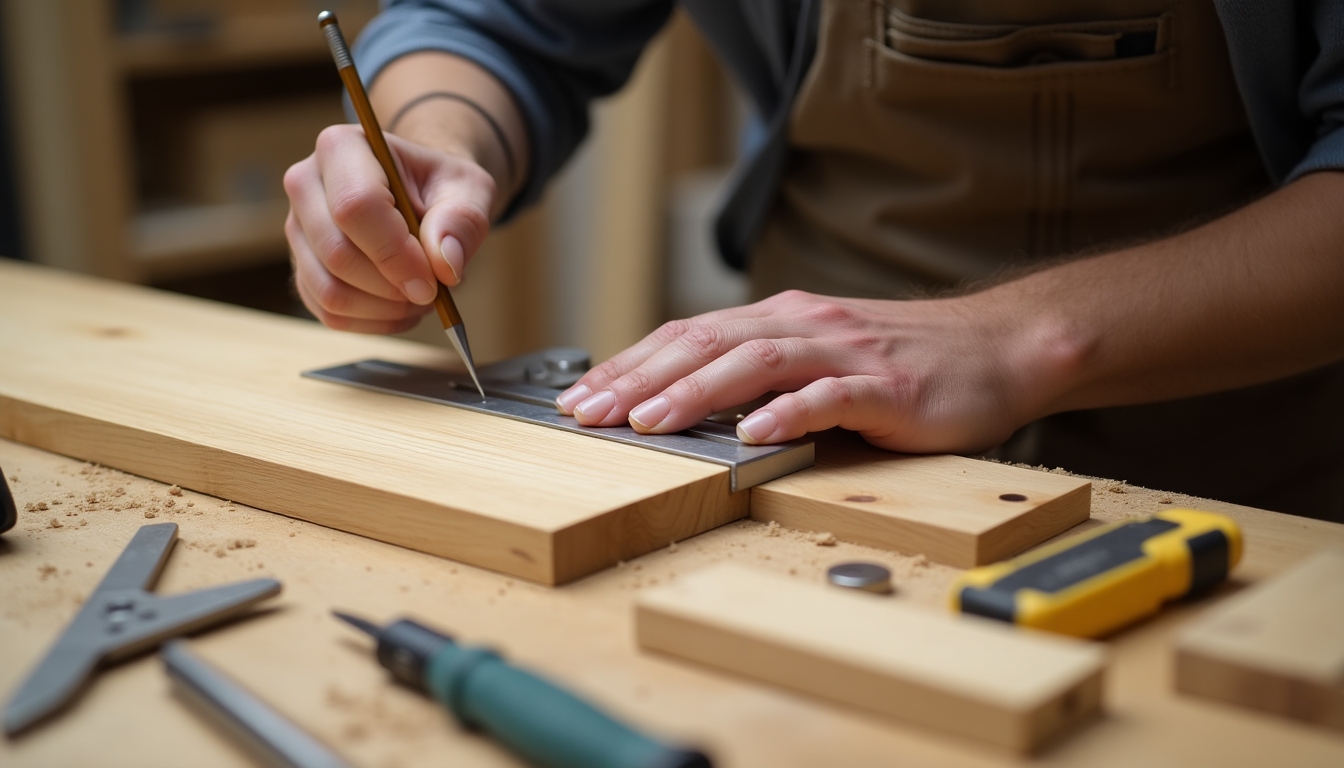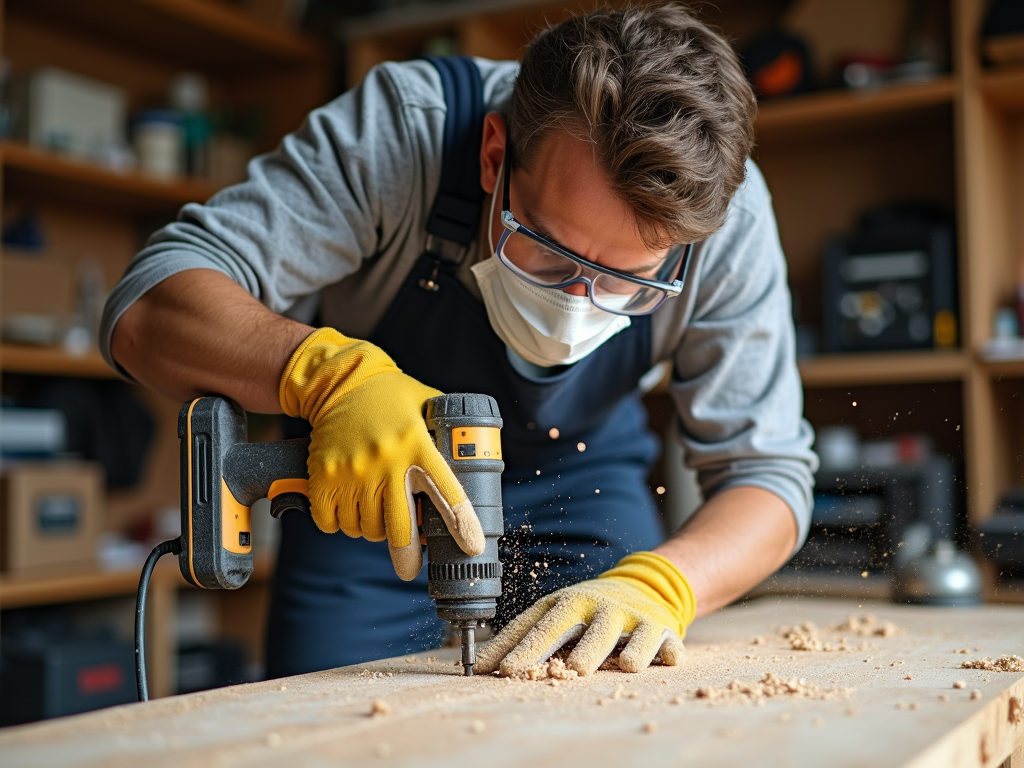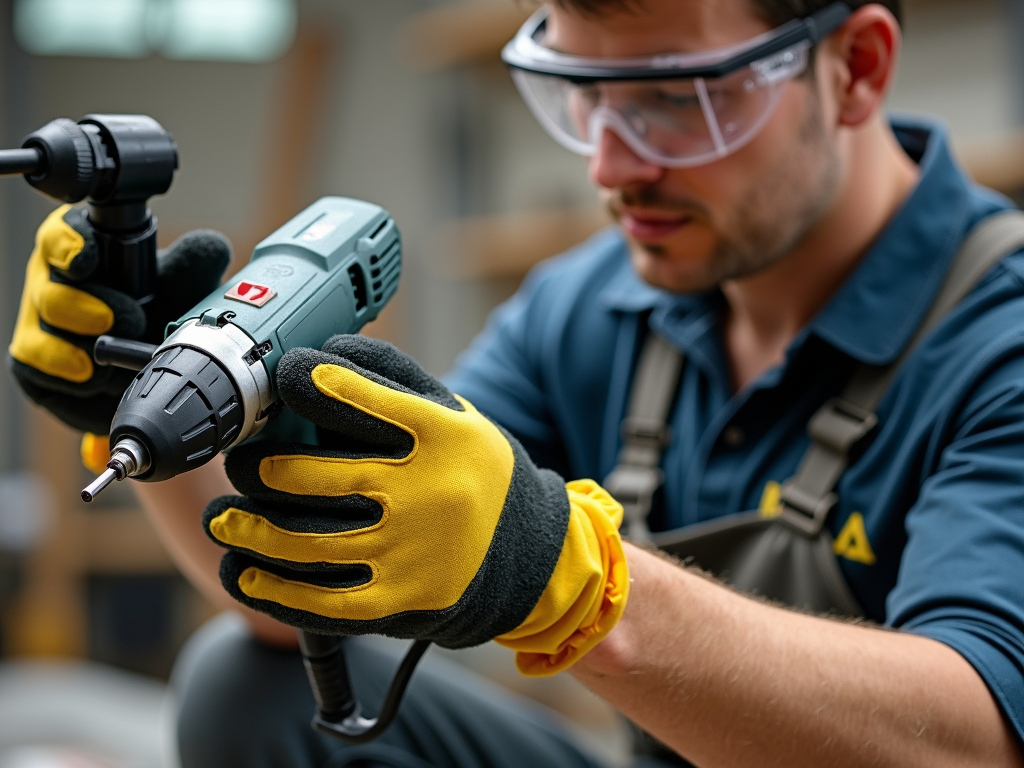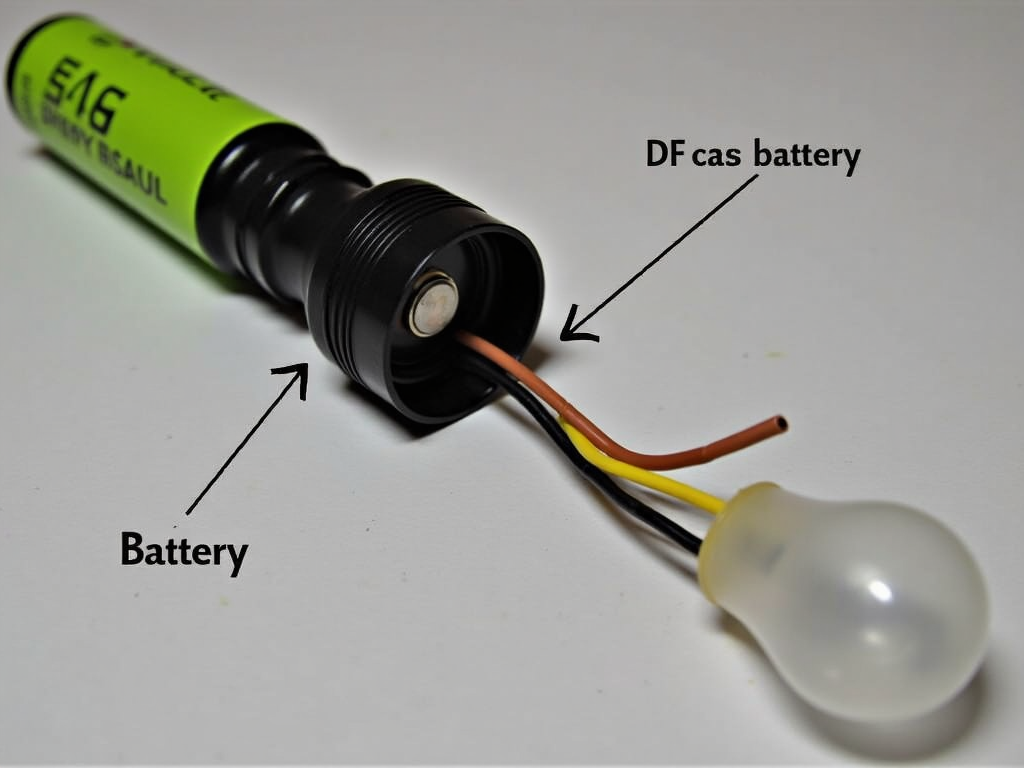Choosing the right wrench can make or break your DIY project. Whether you're tightening a bolt or loosening a nut, having the correct tool ensures efficiency and safety. This guide will walk you through everything you need to know about wrenches, from types to safety gear essentials.
Introduction to Wrenches
Wrenches are must-have tools for any DIYer. They come in different shapes and sizes, each built for specific jobs. Knowing what sets them apart helps you pick the right one. I’ve been working on projects for years, and I’ve learned the hard way that using the wrong wrench can mess things up—like stripping a bolt or wasting time. Let’s explore how to choose the right wrench for your project and avoid those headaches.
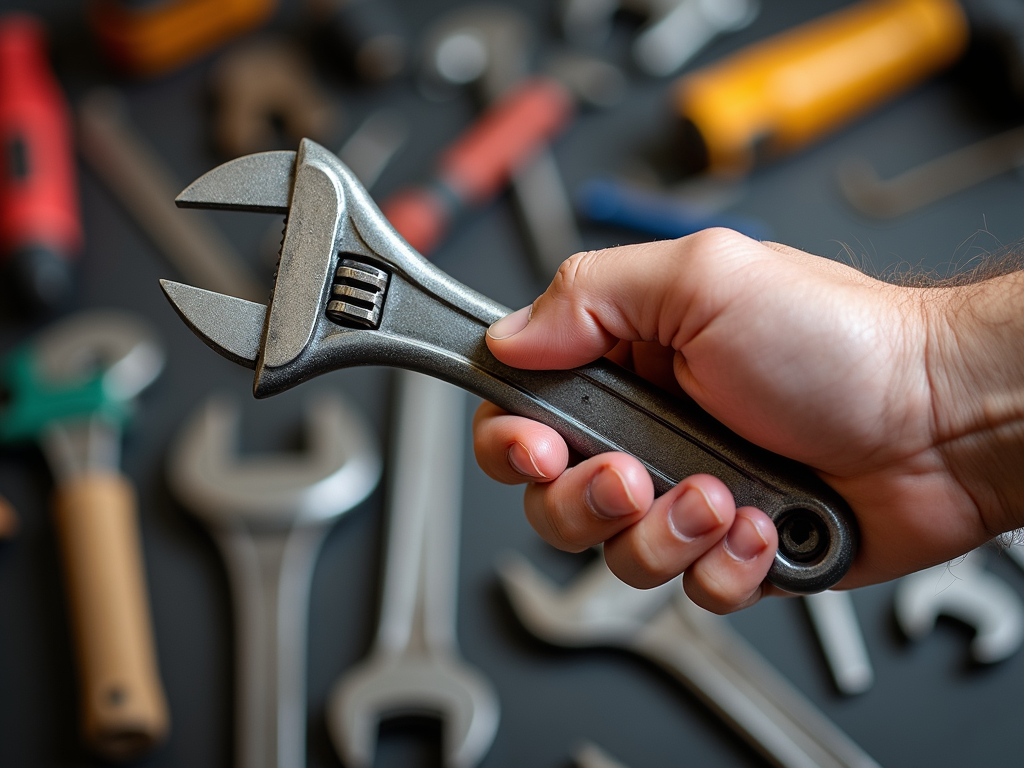
Types of Wrenches
There are many wrenches out there, and each has its own strengths. Here’s a breakdown of the most common ones:
- Adjustable Wrench: Fits different sizes of nuts and bolts, making it super versatile.
- Combination Wrench: One end is open, the other is closed—great for flexibility.
- Socket Wrench: Perfect for tight spots with a strong grip.
- Torque Wrench: Gives exact tightness, a must for car repairs.
Check out this table to see how they compare:
| Wrench Type | Versatility | Precision | Best For |
|---|---|---|---|
| Adjustable | High | Low | Everyday fixes |
| Combination | Medium | Medium | Mixed tasks |
| Socket | Low | High | Hard-to-reach spots |
| Torque | Low | Very High | Exact tightening |
Picking the right wrench depends on what you’re doing. For car work, a torque wrench keeps everything tight and safe. For simple home fixes, an adjustable wrench usually does the trick. Matching the tool to the job saves time and effort.
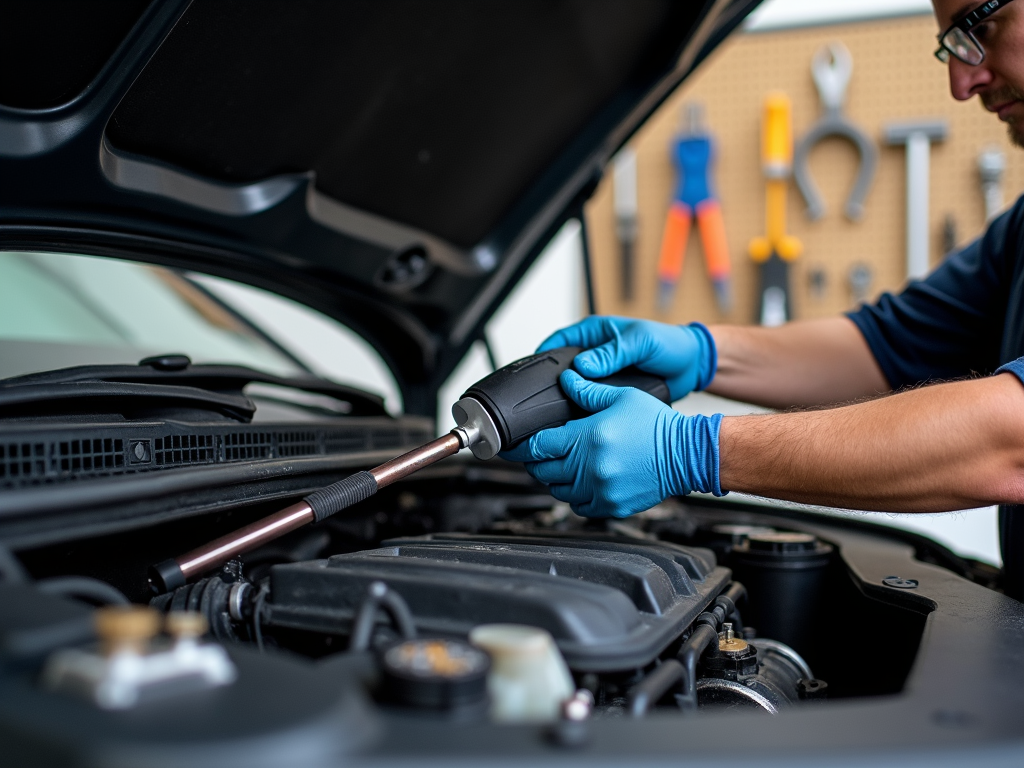
How to Choose the Right Wrench
Finding the perfect wrench isn’t hard if you know what to look for. Here are some steps to guide you:
- Measure the Fastener: Check the size of the nut or bolt so the wrench fits right.
- Check the Space: Tight areas need a socket wrench or something slim.
- Know the Tightness: Use a torque wrench when the job calls for exact pressure.
- Pick Strong Materials: Look for wrenches made of tough stuff like chrome vanadium steel—they last longer.
I once grabbed an adjustable wrench for a plumbing job and ended up rounding off a nut. It was a mess! Now, I double-check the fit and the task before starting.
Want more details on picking wrenches? This guide from MIT breaks down types and uses with expert-level clarity. It’s a great resource for digging deeper.
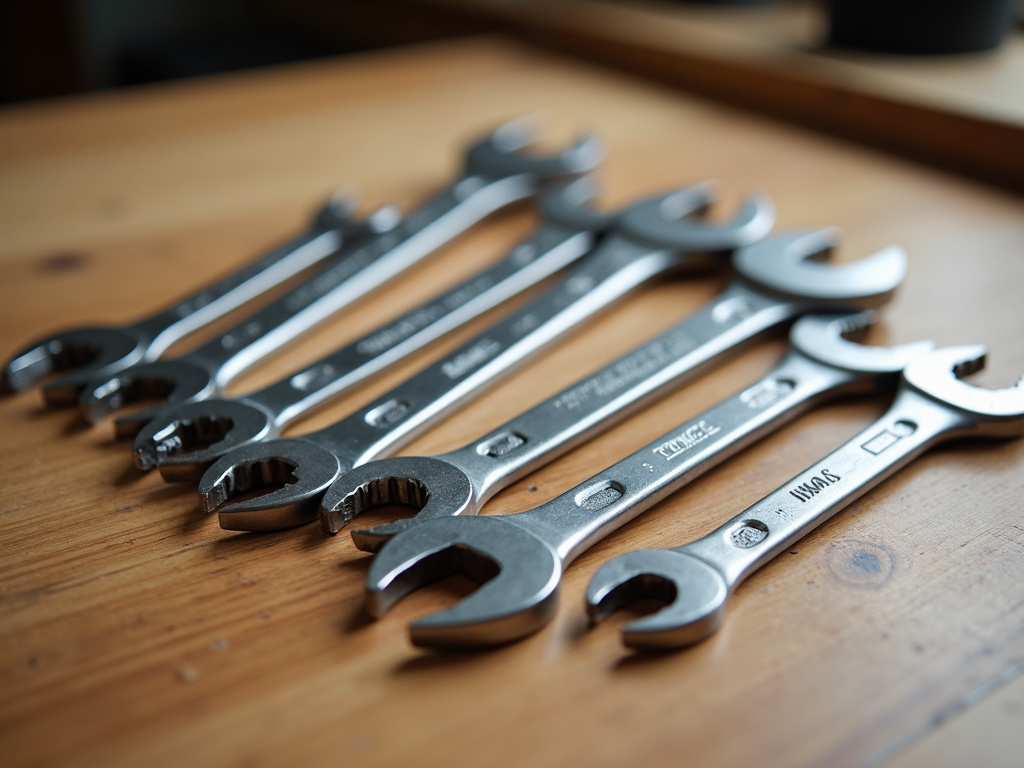
Safety Gear Essentials for DIYers
Safety comes first when you’re working with tools. Here’s what you need:
- Safety Glasses: Keep your eyes safe from flying bits.
- Gloves: Protect your hands and help you grip better.
- Ear Protection: Block out noise from loud tools.
- Dust Mask: Breathe easy when dust or fumes are around.
I never start a project without my glasses and gloves. It’s a small step that makes a big difference in staying safe.
For more on staying safe, the OSHA website has tons of info on protective gear. It’s a solid place to learn what works for different jobs.
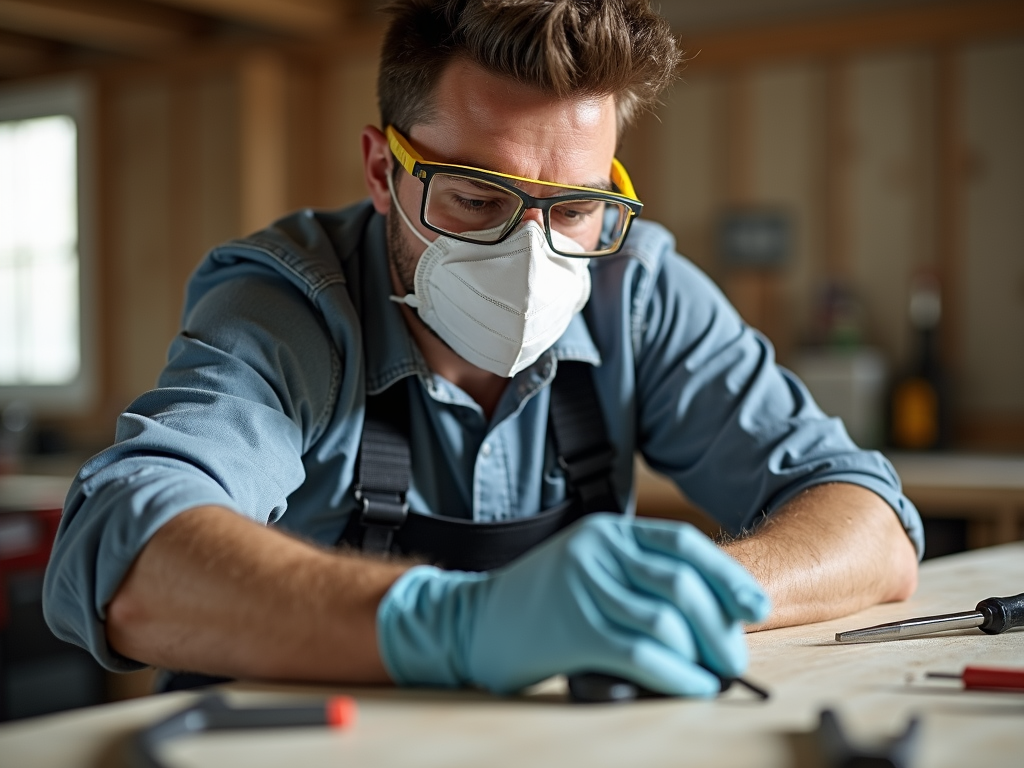
How to Use Wrenches Safely
Using wrenches the right way keeps you and your project safe. Follow these tips:
- Match the Size: Make sure the wrench fits the fastener perfectly—no slipping.
- Go Steady: Push or pull smoothly, no yanking.
- Stand Firm: Keep your balance so you don’t stumble.
- Check the Tool: Look for cracks or wear before you start.
A friend of mine once used an oversized wrench and it slipped, cutting his hand bad. Now, I always make sure my wrench fits just right.
Need more safety advice? This NIOSH article covers hand tool safety with practical tips. It’s helped me avoid mistakes on the job.
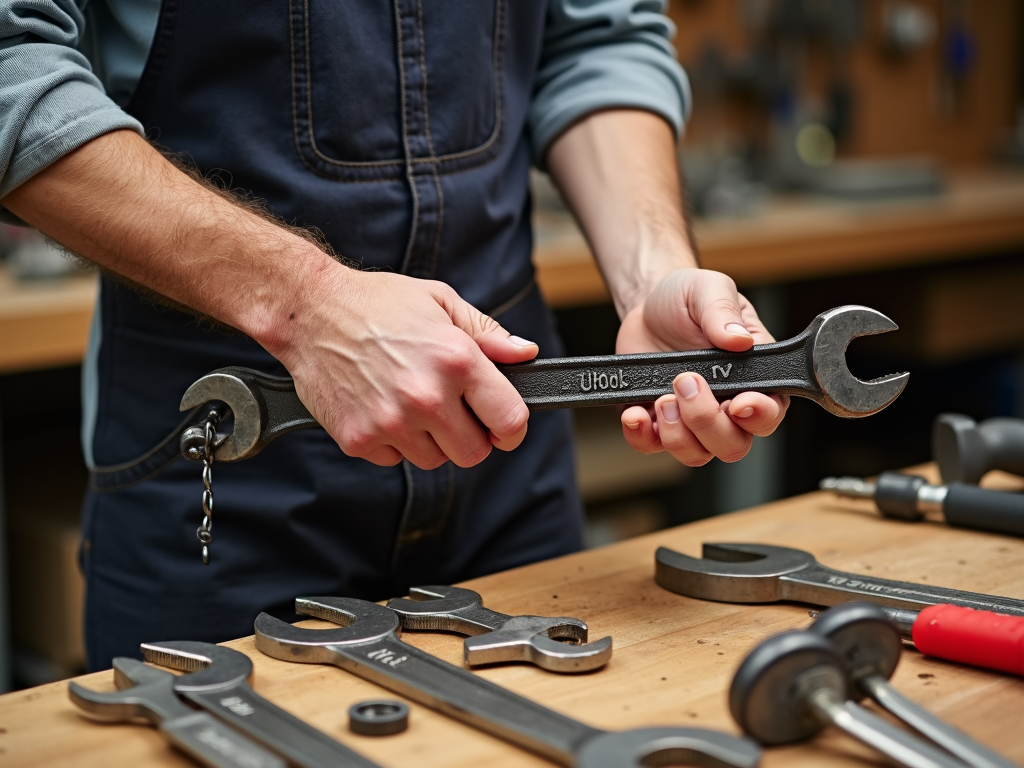
Summary
Picking the right wrench is key to nailing your DIY projects. Get to know the types—like adjustable or torque—and match them to your task. Safety gear and smart techniques keep you out of trouble. With this info, you’re ready to tackle anything with confidence.
Related How to Choose the Right Wrench for Your Project:
- How to Organize Your Workshop for Maximum Efficiency
- Tool Organization Tips for Painters: Boost Your Efficiency and Creativity
- Essential Tools for Every Workman's Toolbox: A Comprehensive Guide
- Best Power Tools for DIY Beginners
- Mastering Workshop Tool Maintenance: A Pro's Guide to Long-Lasting Gear
- Sustainable Practices in Modern Workshops
- Power Tools Safety Guidelines: A Comprehensive Guide
- Mastering Advanced Techniques for Professional Woodworkers
- Must-Have Safety Gear for DIY Projects: Stay Protected While You Create
- Healthy Habits for Hard-Working Tradespeople: Staying Safe and Comfortable on the Job
- Power Tools Maintenance Tips: Keep Your Gear in Top Shape
- Understanding Electrical Circuits: A Beginner's Guide
